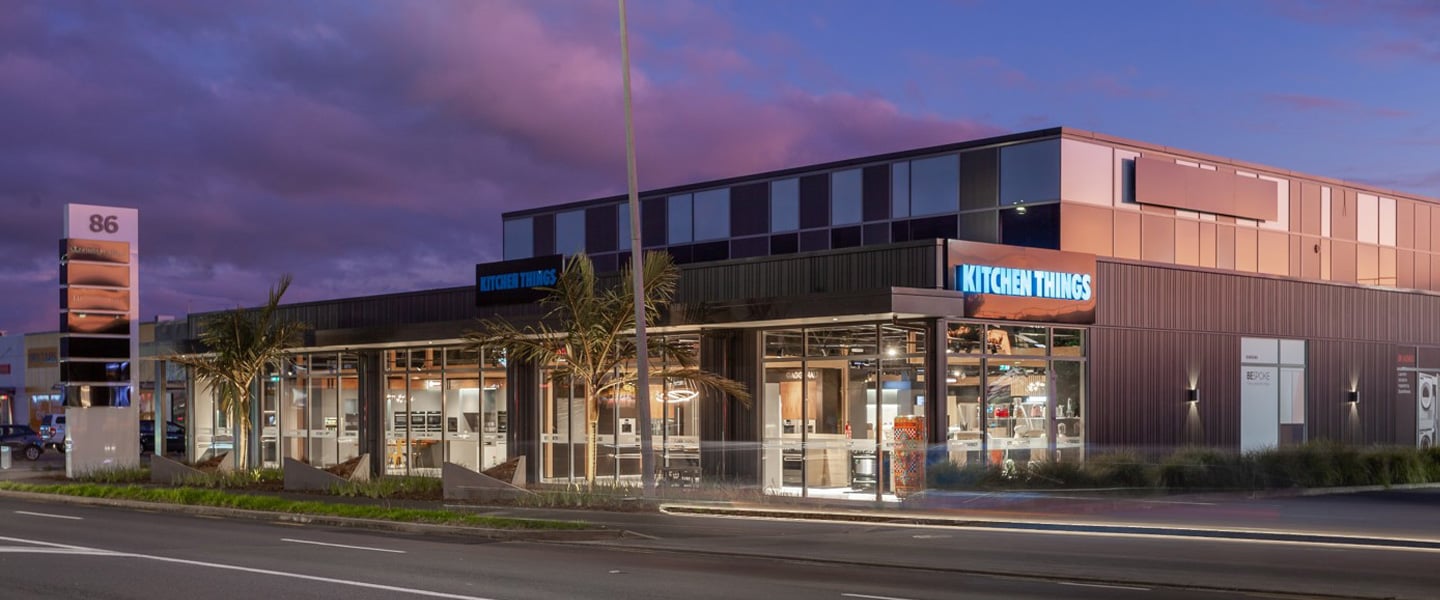Employees affected by two major receivership and liquidation appointments overseen by Grant Thornton New Zealand have now received their full entitlements.
Employees of Kitchen Things and solarZero have received their full preferential entitlement under Schedule 7 of the Companies Act 1993, which is up to a maximum entitlement of $31,820 per employee before tax and any other applicable deductions like KiwiSaver and student loans.
On Thursday 25 September 2025, 130 Kitchen Things employees (and related entities within the same Group) received the maximum entitlement followed by 170 solarZero employees on Friday 26 September 2025.
Liquidator and Receiver for both organisations, Stephen Keen says, “We’re really pleased with this result.
“Being able to provide the full entitlement to employees isn’t always possible as it depends on the level of recovery appointees can make during the liquidation or receivership process.
“In both cases, the recoveries made so far have meant we can pay employees the full amount of their respective entitlements under schedule 7 of the Act”.
But Keen acknowledges that while it only took five weeks for Kitchen Things’ employees to receive their payouts due to widely publicised receivership sales, leading to recoveries for stock that is earmarked for preferential entitlements, solarZero employees have had to wait longer.
“Some appointments are more complex than others. The recoveries needed to fund the distributions to employees can take months to work through. In the case of solarZero, this involved complex tax recoveries and a slower sale of solar panels to avoid flooding the market and reducing their retail value.” says Keen.
Receiver responds to frustrated Kitchen Things’ customers
As is the case with most retail receiverships, customers often find themselves as unsecured creditors where there is no traceable stock or inventory item allocated to their sales order.
Keen says, “We can understand customers’ frustration with the situation; unfortunately, when a retail business fails and goes into receivership, receivers often face tough challenges around entitlements to the stock held at the time of the appointment.
“The tracing requirements of specific items to customer sales orders is complex and time consuming, often resulting in issues where the tracing cannot be completed because the product is not held by the Company, which means the customer is the one to lose out.”
“Under the Companies Act 1993, employees of insolvent businesses are to be prioritised ahead of unsecured creditors; now that we’ve achieved this milestone for Kitchen Things’ employees, our goal is to ensure the best outcome for all stakeholders through the sale of stock and assets.”
Kitchen Things stores have now closed and remaining products are available for sale on number8.bid, an auction house that specialises in selling liquidation stock.
Grant Thornton New Zealand has published a list of frequently asked questions which addresses most of the concerns raised by affected customers.
Get articles and updates relevant to your business and industry delivered directly to your inbox.
